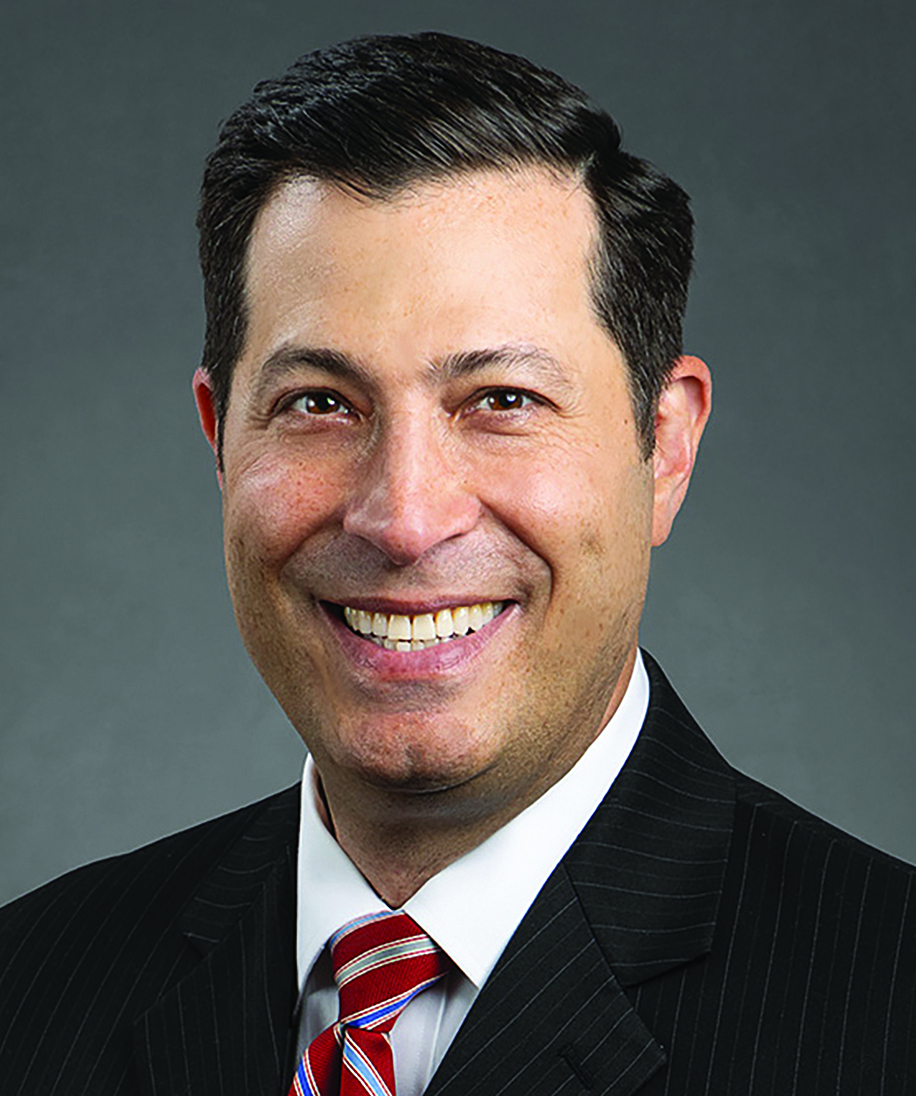Client Alert
New York City Commission on Human Rights Issues Guidance on New Salary Transparency Law
March 28, 2022
Emily Pidot, Sara Tomezsko & Ryan Gribbin-Burket
The New York City Commission on Human Rights recently issued guidance on the recent amendments to the New York City Human Rights Law mandating salary disclosures for job opportunities. The amendments, which we reported on here, go into effect on May 15, 2022. The guidance clarifies the scope of the amendment and what employers will be required to disclose.
Most employers with at least one employee in New York City are required to comply.
All employers, except temporary help firms, with four or more employees (including those working outside New York City), or one or more domestic worker, are covered. So long as a single employee works in New York City, the employer must comply with the new disclosure requirements.
Positions that can or will be performed in New York City are covered.
Any advertisement for a job, promotion, or transfer opportunity that can or will be performed, in whole or in part, in New York City (including jobs performed remotely from the employee’s home) must comply with the law. The guidance defines an “advertisement” broadly, as “a written description of an available job, promotion, or transfer opportunity that is publicized to a pool of potential applicants,” regardless of the medium in which it is disseminated. Notably, employers who would otherwise hire for a position without using an advertisement are not required to create one for purposes of complying with the new salary range disclosure obligation.
Salary includes base wage or rate of pay, regardless of frequency of payment, and open-ended ranges are not acceptable.
The disclosure requirement is not limited to exempt employees earning a salary. An employer must disclose the base wage or rate of pay it in good faith believes, at the time of the posting, it is willing to pay the successful applicant(s) for the advertised position. It can be expressed as an hourly rate ($15 per hour) or a base salary ($50,000 per year). The range disclosed must be specific and may not be open ended; advertisements that disclose a range “up to” or “a maximum of” a specified amount are not compliant.
Employers need not disclose, but are not prohibited from advertising, other forms of compensation or benefits such as the following:
- Employer-provided insurance benefits
- Paid or unpaid time off (e.g., paid sick or vacation days)
- Availability of contributions towards retirement or savings plans
- Severance pay
- Overtime pay
- Commissions
- Tips
- Bonuses
- Equity
- Value of employer-provided perks like meals or lodging
The New York City Commission on Human Rights will enforce the new law with fines and other remedies.
Employees and applicants can file a complaint with the New York City Commission on Human Rights. The Commission’s enforcement branch, the Law Enforcement Bureau, may initiate its own investigations based on testing, tips, or information from other sources. Penalties for violation can include civil penalties up to $250,000, and other remedial steps such as amending advertisements, policy changes, trainings, providing notices of rights to employees or applicants, and potentially other forms of affirmative relief. The Commission can also order “monetary damages to affected employees,” but the guidance does not identify how such monetary damages will be calculated or what harm those damages are meant to address.
Proposed amendments may delay effective date and modify which employers and postings are covered.
On March 24, 2022, members of the City Council introduced a bill that, if passed, would (1) delay the effective date of the salary transparency requirements to November 1, 2022, (2) exclude employers with fewer than fifteen employees from coverage, (3) clarify that the requirements extend both to hourly and salaried positions, (4) exclude general notices of hiring that do not specify the position at issue, and (5) exclude positions not required to be performed in New York. We will continue to monitor these developments and provide updates accordingly.
Contributors


Practice Areas
For More Information




